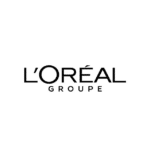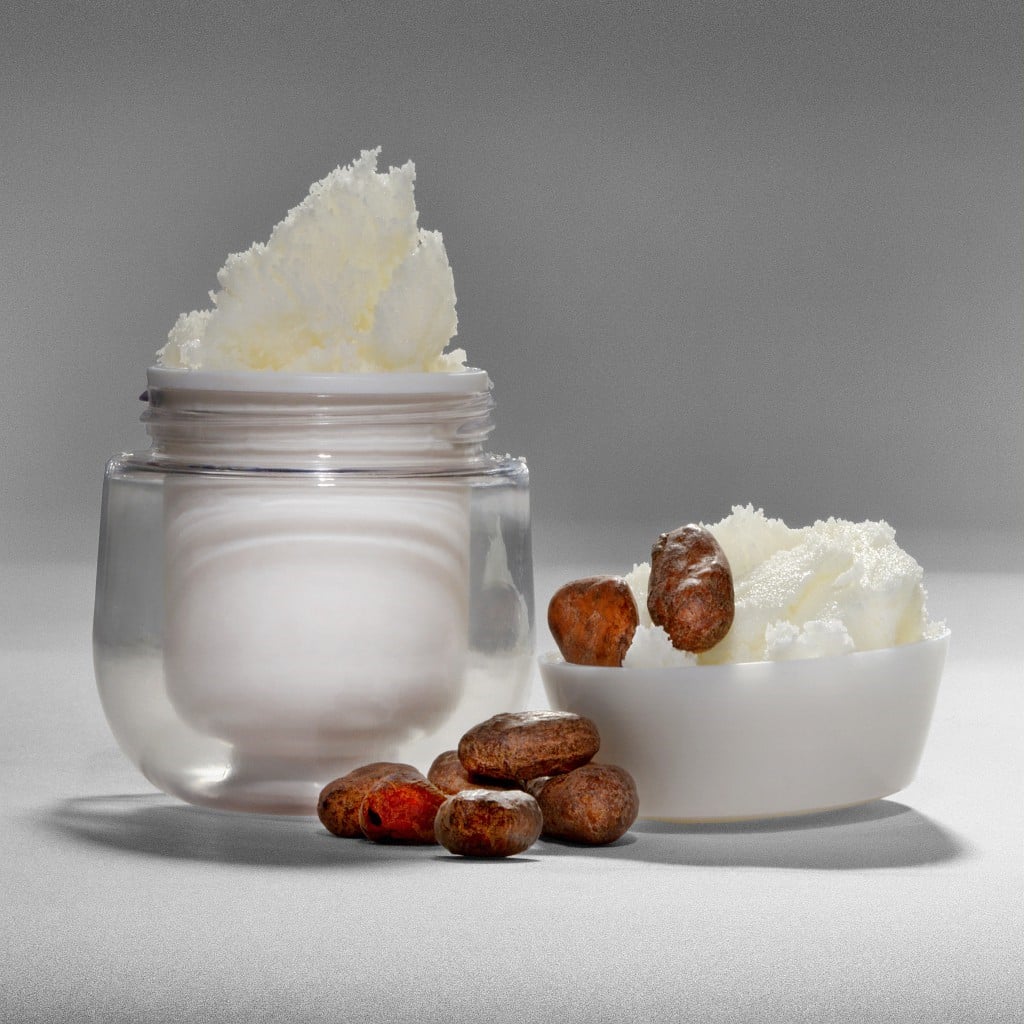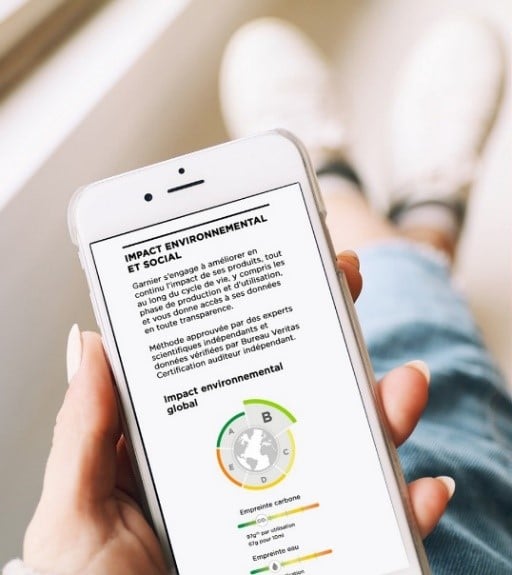By 2030, align greenhouse gas emissions with a +1.5°C scenario and reduce all greenhouse gas emissions by 50% per finished product (which represents -25% in absolute value).

Terms of the action or commitment
X
Levers mobilized for circular economy (according to Ademe)
Implementation timeline
Starting year
2016
Ending year
2030
Main actors mobilized
Internal actors
X
External actors
X
Geographic area
Wordlwide
Photo / Video
2022 follow-up of the action
Date of follow-up
March 2022
Methods of validation of the follow-up
Status of the action
In progress
Completed
a) Results
Achieved
Partially achieved
Not achieved
b) Numerical / Qualitative information
Cancelled
Explanations
Comparison with the projected pace in the last publications
Keeping up with the times
In advance
Delayed
Partial / Final results
In 2021, L’Oréal has reduced greenhouse gas emissions related to the use of its products by an average of -12% per finished product.
In 2021, L’Oréal has reduced greenhouse gas emissions related to transportation by an average of 12% per finished product.
In 2021, L’Oréal has reduced greenhouse gas emissions related to transportation by an average of 12% per finished product.
Company's comments
L’Oréal has declined this “Climate” commitment into four operational sub-commitments, as part of the L’Oréal for the Future programme :
– By 2025, all of L’Oréal’s sites will achieve carbon neutrality by improving energy efficiency and using 100% renewable energy.
– By 2030, L’Oréal will innovate to enable its consumers to reduce their greenhouse gas emissions resulting from the use of its products by 25%, compared to 2016, on average and per finished product.
– By 2030, L’Oréal will reduce by 50% on average and per finished product, the greenhouse gas emissions linked to the transport of its products, compared to 2016.
– By 2030, the strategic suppliers of the Group will reduce their direct emissions (scopes 1 and 2), by 50% in absolute terms, compared to 2016.
As early as 2015, L’Oréal committed to defining Science Based Targets (SBTs) to reduce its greenhouse gas emissions throughout its value chain and over the long term, in line with the Paris Climate Agreements.
In December 2017, the SBT initiative validated the Group’s proposal : L’Oréal then committed to reducing greenhouse gas emissions from its Scopes 1, 2 and 3 by 25% in absolute terms by 2030, compared to 2016.
Roadmaps have been deployed within the various business lines (packaging, research, sourcing, supply chain, etc.) to ensure that everyone contributes to the reduction of Scopes 1, 2 and 3 CO2 emissions. A specific monitoring system has been set up to enable each business to track its own performance.
– By 2025, all of L’Oréal’s sites will achieve carbon neutrality by improving energy efficiency and using 100% renewable energy.
– By 2030, L’Oréal will innovate to enable its consumers to reduce their greenhouse gas emissions resulting from the use of its products by 25%, compared to 2016, on average and per finished product.
– By 2030, L’Oréal will reduce by 50% on average and per finished product, the greenhouse gas emissions linked to the transport of its products, compared to 2016.
– By 2030, the strategic suppliers of the Group will reduce their direct emissions (scopes 1 and 2), by 50% in absolute terms, compared to 2016.
As early as 2015, L’Oréal committed to defining Science Based Targets (SBTs) to reduce its greenhouse gas emissions throughout its value chain and over the long term, in line with the Paris Climate Agreements.
In December 2017, the SBT initiative validated the Group’s proposal : L’Oréal then committed to reducing greenhouse gas emissions from its Scopes 1, 2 and 3 by 25% in absolute terms by 2030, compared to 2016.
Roadmaps have been deployed within the various business lines (packaging, research, sourcing, supply chain, etc.) to ensure that everyone contributes to the reduction of Scopes 1, 2 and 3 CO2 emissions. A specific monitoring system has been set up to enable each business to track its own performance.
Company's others commitments :




